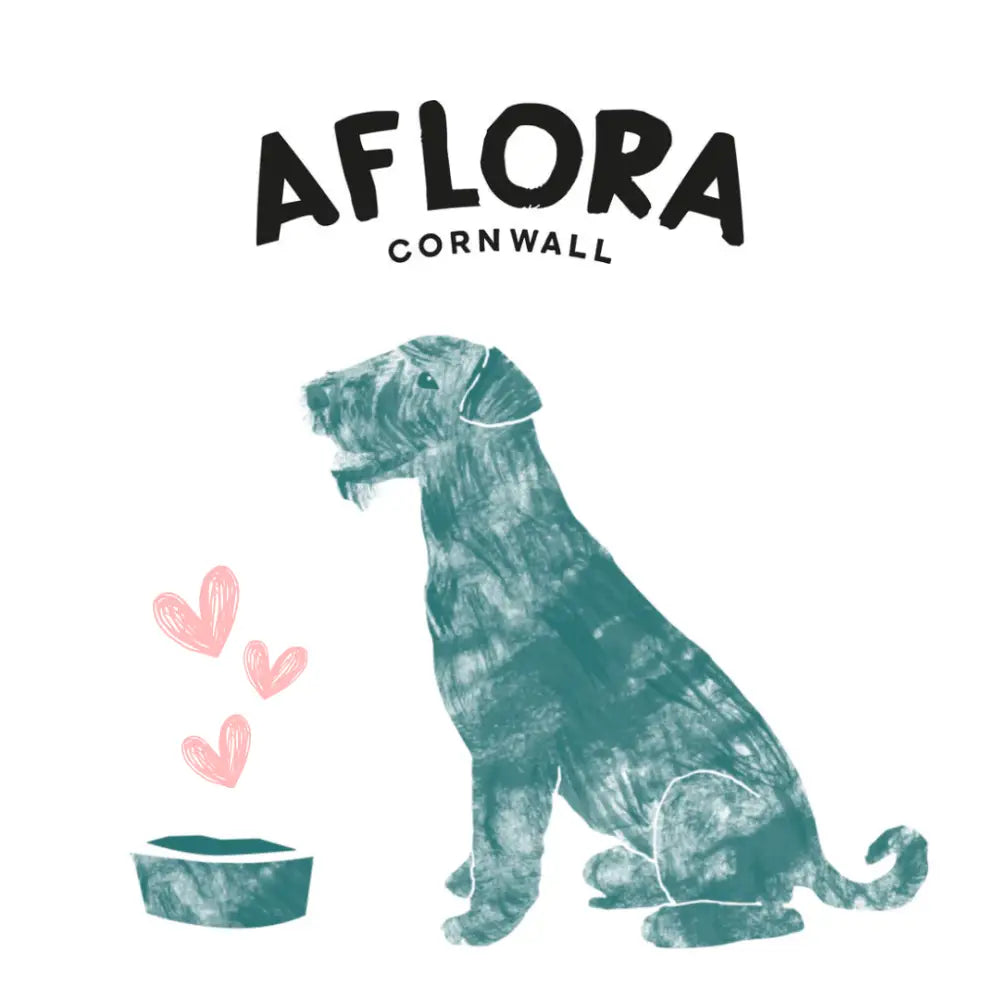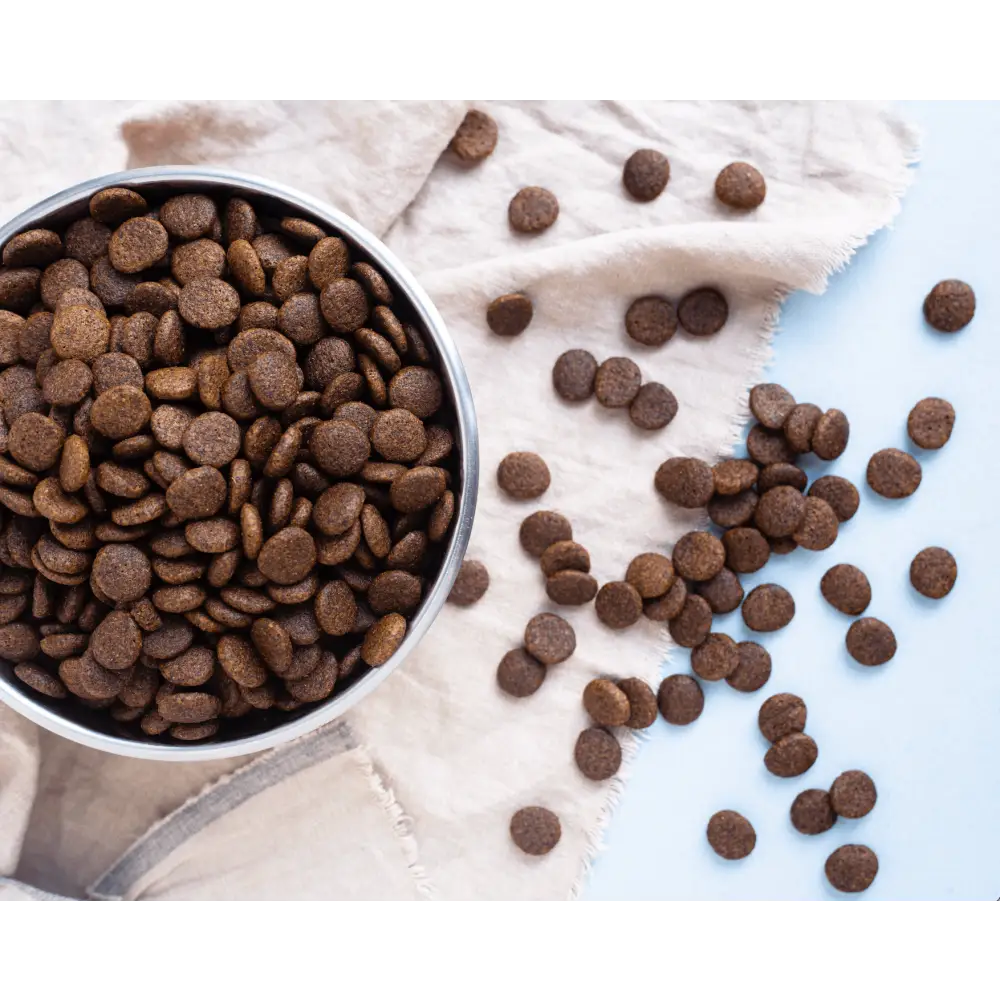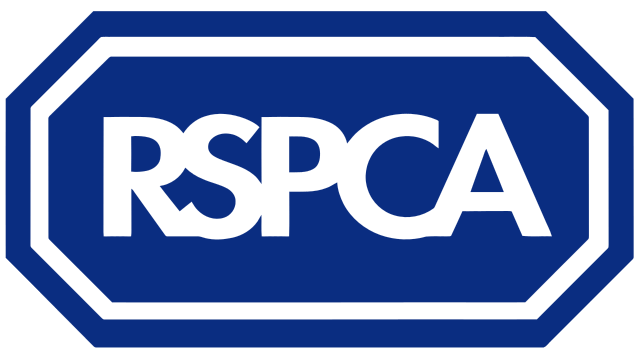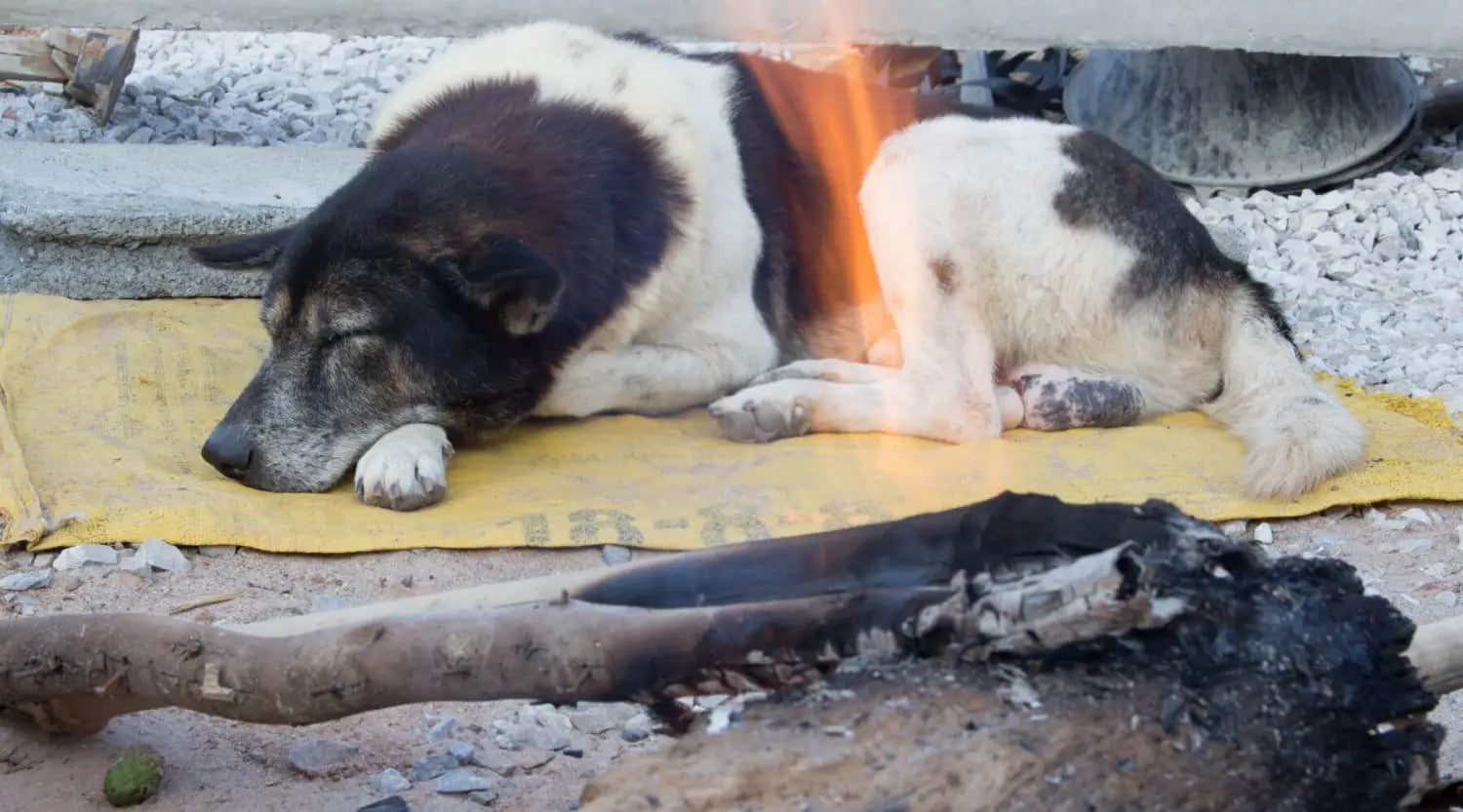This weekend sadly marks another dose of crazy commercialism in the form of Black Friday, however, it also marks another Green Friday, the moral alternative for those of us who prefer to do a little good in the world instead of being involved in the shopping madness that is encouraged over the fourth weekend in November.
One of the things that is encouraged on Green Friday is the support of charities and this couldn't come at a better time given the current onerous economic situation leaving them more in need than ever before.
At The Pets Larder, the charities that are closest to our hearts are the ones that support animals in need, especially those based in the South West. This week we were lucky enough to catch up with Sammy Howard from RSPCA’s Cornwall Branch, who answered a few questions for us about what they do to help animals in need and how we can best help them with their amazing work.
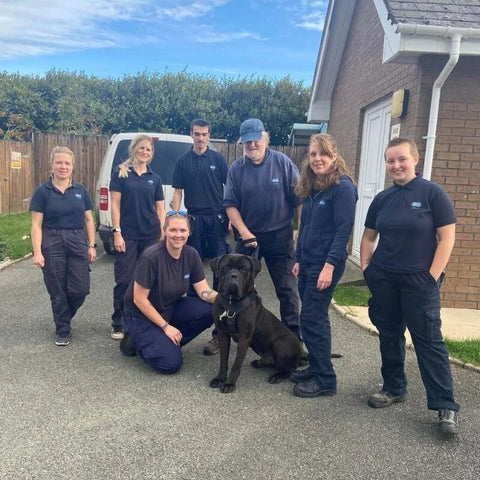
The RSPCA was founded in 1824 and is the largest and probably the best-known charity for animals in the UK, but, when was the Cornwall branch started and does it differ in any way from other branches in the UK?
Our branch in Cornwall opened officially in 1996 but we have been a registered charity since 1993. Each branch will differ as they're individually managed by a local group of trustees. Our branch in Cornwall is one of the busiest branches in the UK with one of the highest rehoming rates.
What is the most rewarding thing about working with the RSPCA Cornwall?
The most rewarding aspect of working for RSPCA Cornwall Branch is being able to see an animal's journey. Often, animals will come to us in a poor medical and mental state and thanks to the dedication of the team, they transform into healthy, happy animals that soon after, find their forever homes.
How many animals do you help each year and is this limited by the resources Cornwall RSPCA has?
In 2021 we took in 1,130 animals, ranging from abused dogs to rescued seagulls, which was our busiest year to date. Our team worked extremely hard to rehome and release these animals which is always a stretch for us. We have a small team and at least 100 animals in our care at any given time so our time and resources are limited, but we make the best of what we've got and always put animals first above all.
There are some reasons for animals needing to be rehomed and cared for that are unavoidable, such as bereavement, but, what is the most common preventable cause for animals needing your help and how is it best prevented?
The most common reason noted for rehoming is branded 'unwanted', which ranged from change of circumstances, finances, animals no longer getting on with children or other pets or house moves. Our Animal Welfare Officer (who is paid for by our branch) works hard with pet owners to see if we can support people and their pets in the home to avoid them needing to come into rescue, but above all, we try to educate the public on the long-term commitment a pet can be and to think twice before buying or adopting an animal. We also sadly have a huge number of animals in our care that are part of welfare or cruelty investigations, which sadly on many occasions, we can never disclose any information about online.

Back in 1978, when the Dogs Trust was called the National Canine Defence League, Clarissa Baldwin (who became chief executive in 1986) came up with the now-famous slogan “A dog is for life, not just for Christmas”, does the festive period still affect your charity and how?
Absolutely, often for two main reasons; finances and older pets are pushed out of homes. We see so commonly that people find Christmas time financially difficult and often decide to sign them over, or, ignore medical and food needs which then leads to welfare investigations. On the other side, what we commonly see over the festive period are people getting new, young pets, introducing them to their home and the older resident animal gets rehomed because they're not getting on with the new addition to the family.
Many of us have had a particularly difficult year with rising energy bills, economic downturns and the cost of living crisis, how does this affect your charity?
Our branch has bills, including energy, water, and veterinary bills, just like everyone else. We do not receive government support for bills, and we're not funded by the RSPCA so the rising cost of living has majorly impacted our vital funds. As we always do, every animal gets a second chance with us, regardless of their age, behavioural or medical needs, but this comes at a cost which we're having to fundraise for more than ever.
How much does your charity rely on donations and funding from the general public?
Last year the RSPCA supported us with a total of 2% of running costs, the rest comes from our local supporters, which totalled over £600,000 from public donations last year to keep our doors open. Sadly, we commonly get overlooked as a charity that people choose to support because the public assumes that the RSPCA funds our branch, which isn't the reality. Our branch would not be here without support and funding from the general public.
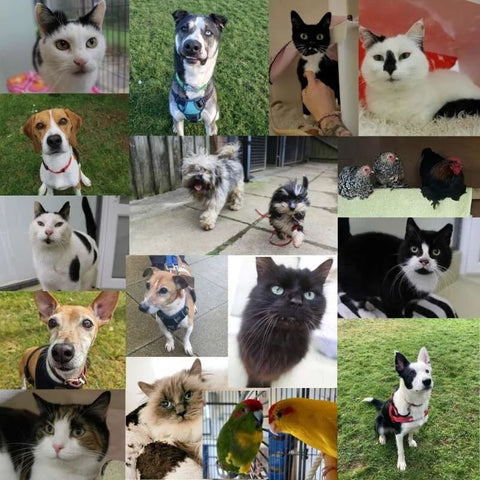
A few of the rehoming success stories from the RSPCA Cornwall Branch
What is your opinion on Green Friday?
We support any movement that promotes mindful shopping and environmental appreciation. We would always encourage the public to look past material objects and instead use their surplus funds to support their local charities that could really benefit from their donation.
How best can people help to support your charity and what are the most useful things for people to donate?
Any support for our charity is greatly appreciated. To help us secure the future of our branch, one opportunity is to donate a few pounds every month, our Regular Giving scheme is a brilliant way for supporters to spend a little, but, support a lot. More information about this can be found by emailing admin@rspcacornwall.org.uk. We also have opportunities for businesses to support us with Corporate Sponsorship, individuals to leave gifts in the wills to us and families and animal-lovers to create fundraisers for us, there's no limit to what people can do to fundraise for us. We also always welcome donations for our animals, such as treats, food, bedding and toys, these donations can be dropped off at our rehoming centre in St.Columb (TR9 6JS).
And finally, how can people help the RSPCA if they aren't able to help financially or with donations? (social media, volunteering etc.)
We appreciate that times are hard for everyone currently, so if a financial donation is a stretch, just spreading the word on our branch and sharing our stories online will go a long way to helping us. We have a wonderful volunteer network that supports us every day in our efforts to give animals a better life. If anyone is interested in volunteering with us, they can email volunteer@rspcacornwall.org.uk for more information.


